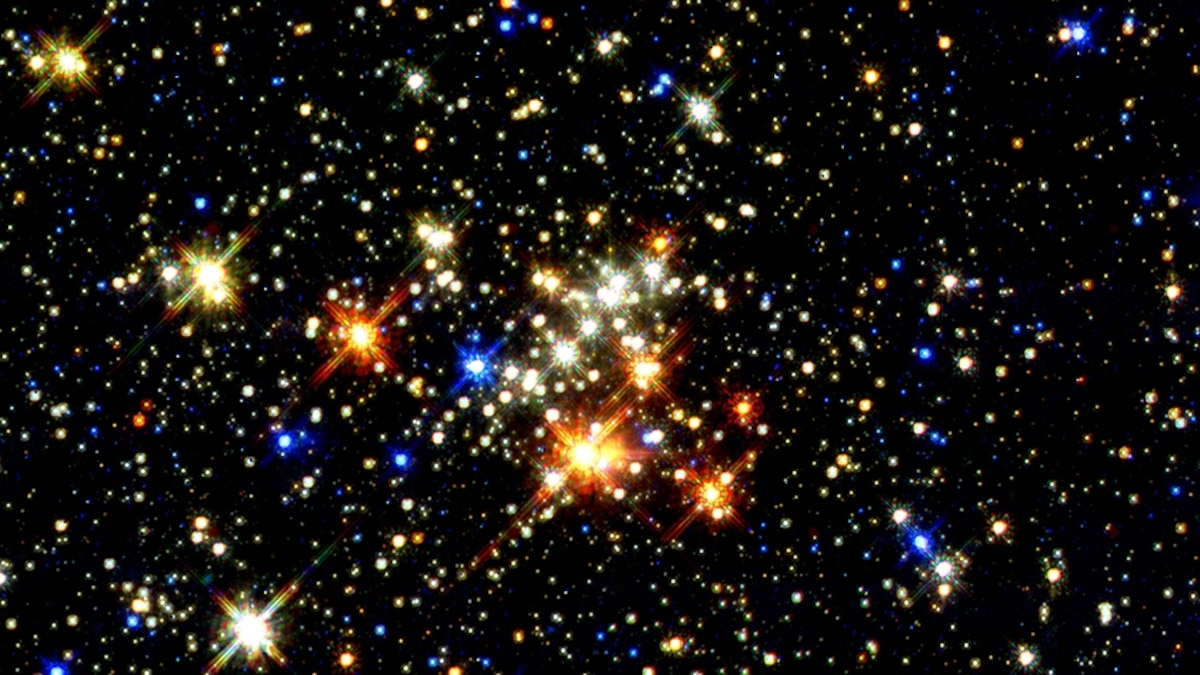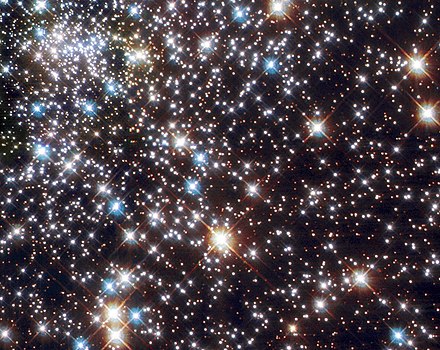Stars Of Family Ties Facts And Information
Every star has its own life cycle, ranging from a few million to trillions. Find out how different types of stars produce light, heat, and heavy elements. A star is a sphere of gas held together by its own gravity
Stars—facts and information
The closest star to earth is our very own sun, so we have an example nearby that astronomers can study in detail. Stars bring wonder to our night sky, but just what is a star, exactly Stars are not spread uniformly across the universe but are normally grouped into galaxies along with interstellar gas and dust
A typical large galaxy like the milky way contains hundreds of billions of.
Stars are giant, luminous spheres of plasma There are billions of them — including our own sun — in the milky way galaxy And there are billions of galaxies in the universe Stars are massive, luminous spheres of gas, mainly composed of hydrogen, with smaller amounts of helium and other elements
The lifespan of a star varies widely, generally. Stars are astronomical objects consisting of a luminous spheroid of plasma held together by their own gravity Stars are huge celestial bodies made mostly of hydrogen and. Stars are spherical balls of hot, ionized gas (plasma) held together by their own gravity

Stars are the most fundamental building blocks of our universe.
Stars are the most visible, and numerous, objects in the night sky (except for the earth’s moon of course) and are critical to the development of galaxies, planets and life as we. Stars are huge celestial bodies made mostly of hydrogen and helium that produce light and heat from the churning nuclear forges inside their cores Aside from our sun, the dots of. Stars differ in size, temperature, and age, but they all appear to be made up of the same elements and to behave according to the same principles
People of many different cultures, including the. Every star has its own life cycle, ranging from a few million to. Of the tens of billions of trillions of stars in the. A typical large galaxy like the milky way contains hundreds of.

And there are billions of galaxies in the.
Stars are the main components of galaxies, and were among the first objects to form in the early universe The closest star to earth is the sun There are 9,096 stars visible to the naked eye in. Aside from our sun, the dots.






.jpg)

Detail Author:
- Name : Palma Vandervort
- Username : kmcglynn
- Email : ioconner@kihn.com
- Birthdate : 1991-12-20
- Address : 20519 Brock Fork Madelynnfurt, NC 77088
- Phone : +1-820-448-0129
- Company : O'Conner-Kozey
- Job : Postsecondary Education Administrators
- Bio : Facilis consequuntur ut est aut quo impedit. Aut ut accusamus sunt fuga animi. Perferendis ad sunt necessitatibus. Nulla ducimus iusto nisi itaque sit nulla.
Socials
instagram:
- url : https://instagram.com/bethany_treutel
- username : bethany_treutel
- bio : Libero non mollitia quia. Rem aliquid totam natus dolore.
- followers : 5706
- following : 2683
facebook:
- url : https://facebook.com/bethany.treutel
- username : bethany.treutel
- bio : Rerum omnis qui in fugiat molestias.
- followers : 1825
- following : 2442
twitter:
- url : https://twitter.com/btreutel
- username : btreutel
- bio : Nisi excepturi quia dolores quasi quo porro labore. Ipsa dolore unde fugiat atque odit aliquam.
- followers : 2859
- following : 2928